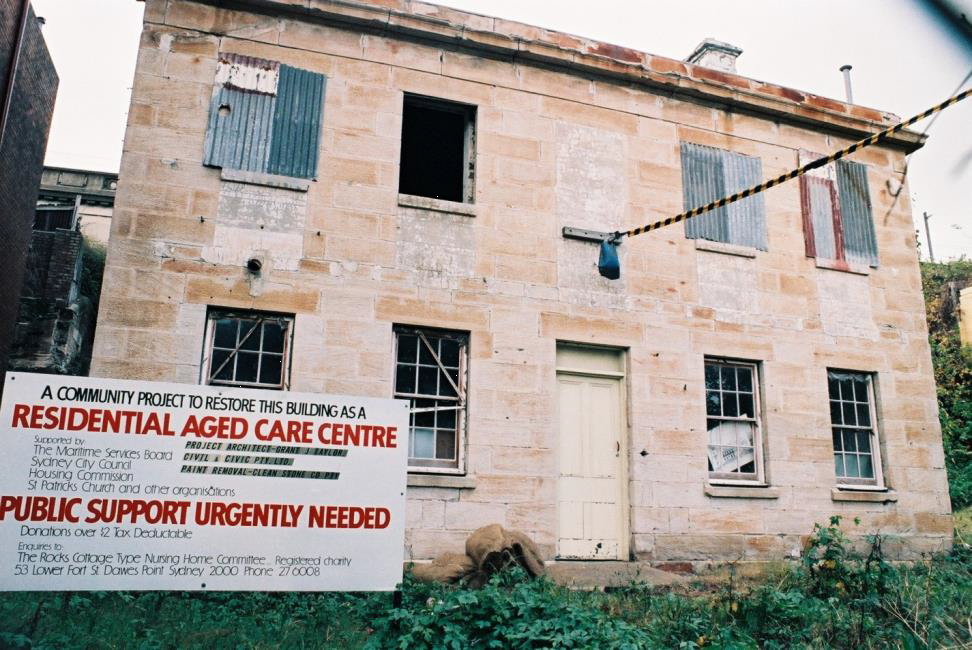While the income stream from managing multiple properties can be considerable, there will always be inherent risks. Since no one can completely eliminate risk, the challenge is knowing how to manage and to mitigate your exposure.
In order to control risks, however, it is imperative to know what they are. Let’s take a closer look at some of the potential risks to property managers and how to reduce their impact.
Market Fluctuations
Regardless of how many properties you control, the overall direction of the economy will impact your bottom line. When leading economic indicators are pointing downward, people usually delay a new home purchase or tend not to spend as much due to less disposable income. Furthermore, existing tenants may default on their lease payments, which will reduce your cash flow significantly.
To lessen the impact of a downturn, it is crucial to have a diversified portfolio. For example, you may want to pool your money with other investors to create a residential investment company that owns property in vastly different areas. Consequently, if one neighborhood or state is underperforming, then you can balance out those losses with decent sales from other cities or states.
Legal Exposure
Another area which could sabotage your business is your legal exposure. Many managers aren’t aware that seemingly innocuous statements can open them up to legal claims.
For this reason, managers need to be very careful about what’s said to tenants during the rental process. For instance, you should not say anything about the size of the property unless it can be independently verified. Additionally, stating something such as “this is a very quiet area” can come back to haunt you if a tenant later finds it to be misleading.
While there are many valid reasons to reject a tenant, a manager needs to know that a person’s ethnicity or background or similar reasons cannot be considered when reviewing tenant applications. Any appearance of doing so can result in claims of tenant discrimination. Therefore, managers need to be aware of applicable laws and to implement a straightforward, objective application process that avoids any hint of impropriety.
Bad Tenants
Not only do property management companies need to be careful about what they say during the tenant selection process, they also need to be very careful about how they choose their tenants.
While everyone needs tenants for their business, having a bad tenant is often more detrimental than not having a tenant at all. In addition to being late with the rent and utility payments, a bad tenant can cause major property damage. Evictions aren’t just a hassle, they can be very costly. Since the average eviction results in nearly four months of lost rent, this kind of mistake can generate huge losses over the course of the year. The last thing you want to do is to rent to someone just because you’re desperate for more cash flow.
Some factors which can tilt things in your favor are recommendations from employers or earlier landlords. Fortunately, there are resident screening tools you can use to dig deeper than the usual credit and criminal background checks.
Properly vetting tenants through a careful selection process, even if it takes longer, will save you time, money, and many headaches in the long run.
Property Damage
No matter how many units a property management company controls, physical damage will always be part of the equation. Naturally, property managers should protect themselves with adequate liability insurance.
In addition to insurance, however, there are other steps companies should take to identify minor problems before they become much larger ones. Regular property inspections, for instance, can spot fencing around a pool area that may need mending or a balcony that’s in disrepair. You might even spot a pest invasion in its early stage.
Moreover, if a tenant is injured on the property due to dilapidated conditions, they can claim negligence and bring legal action. For these reasons, identifying problems in the early stages can both save costs and limit legal liability.
A Delicate Balance
Clearly, risk management involves both avoiding and minimizing dangerous situations. While no property manager can avoid risk entirely, there are always ways to forestall potential damage. Typically, an organization must balance between affordable risks and effective solutions.
The goal is to have plans and processes in place that can deal with hazardous situations when they arise. Property management companies need to understand, however, that their risk strategy cannot remain static. As risks change and evolve, so should the company’s strategy. The good news is that, through a combination of insurance and careful planning, an organization can control present risks while adapting to new ones in the future.





